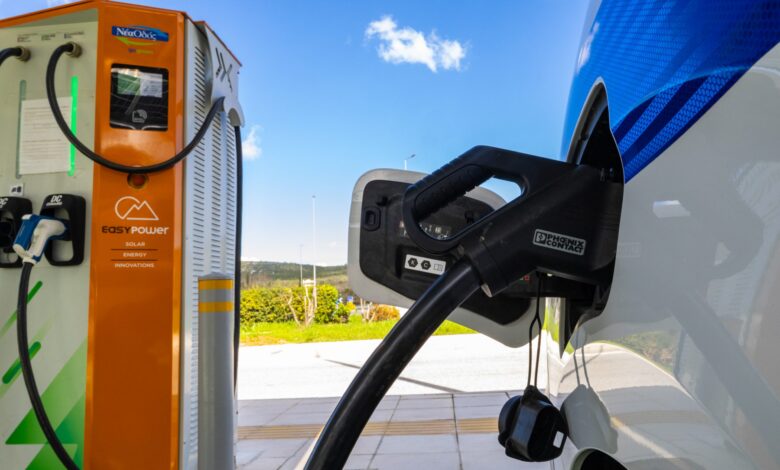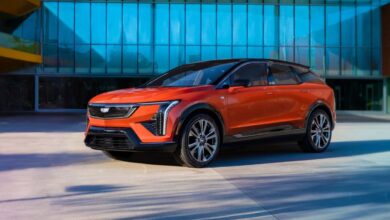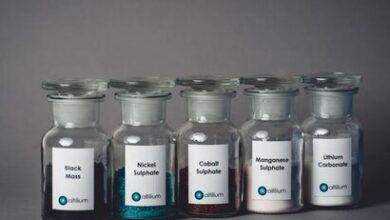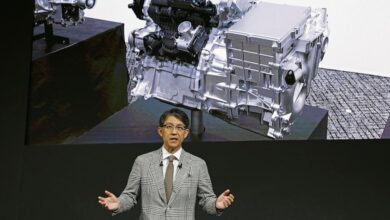Greece – Offering Electric Vehicle Subsidies – Won’t Allow Some on Ferries

ATHENS – While even state subsidies to buy electric cars haven’t worked because they are still too expensive, those in Greece who own them—or hybrids with high-voltage battery charge levels over 40%—won’t be allowed on ferry boats.
This is under a new regulation from the Ministry of Shipping and Island Policy, which stipulates that vehicles that don’t comply can’t be put on board the boats that are the only way to transport them to islands.
The site AutoEvolution described this measure as “bizarre,” highlighting the barrier for electric vehicle users, which means those charged up over the 40% limit will be prohibited from ferries.
If the car owners keep the batteries below a 40% charge—it wasn’t specified how this would be measured at ports—then they run the risk of not finding charging stations on the islands where they are headed.
The site explained that the rule was implemented for safety measures, although fires on Greek ferry boats have typically been attributed to gasoline-powered vehicles on board. The site claimed that the ministry’s decision “means that anti-EV propaganda prevailed over facts.”
It added that the ruling was “based on the assumption that electric vehicles are dangerous,” although the site mentioned that statistics have found electric cars are 16 times less likely to catch fire compared to combustion engines, although extinguishing a fire caused by an electric vehicle requires expertise.
Greece also has only about 2,000 charging stations, few of which are on islands, so arriving on one without a fully charged battery or being unable to recharge it means the car couldn’t be moved back off the island onto a ferry.
“Draining the battery while the car is parked is quite hard, so your best bet is driving. Now imagine the effect of dozens of EVs driving around the port just to drain the battery so they can continue their journey over the sea,” the site said.
Drivers of vehicles using alternative fuels like liquefied petroleum gas (LPG) or compressed natural gas (CNG) also face restrictions, as their tanks can’t be filled more than 50% of capacity.



